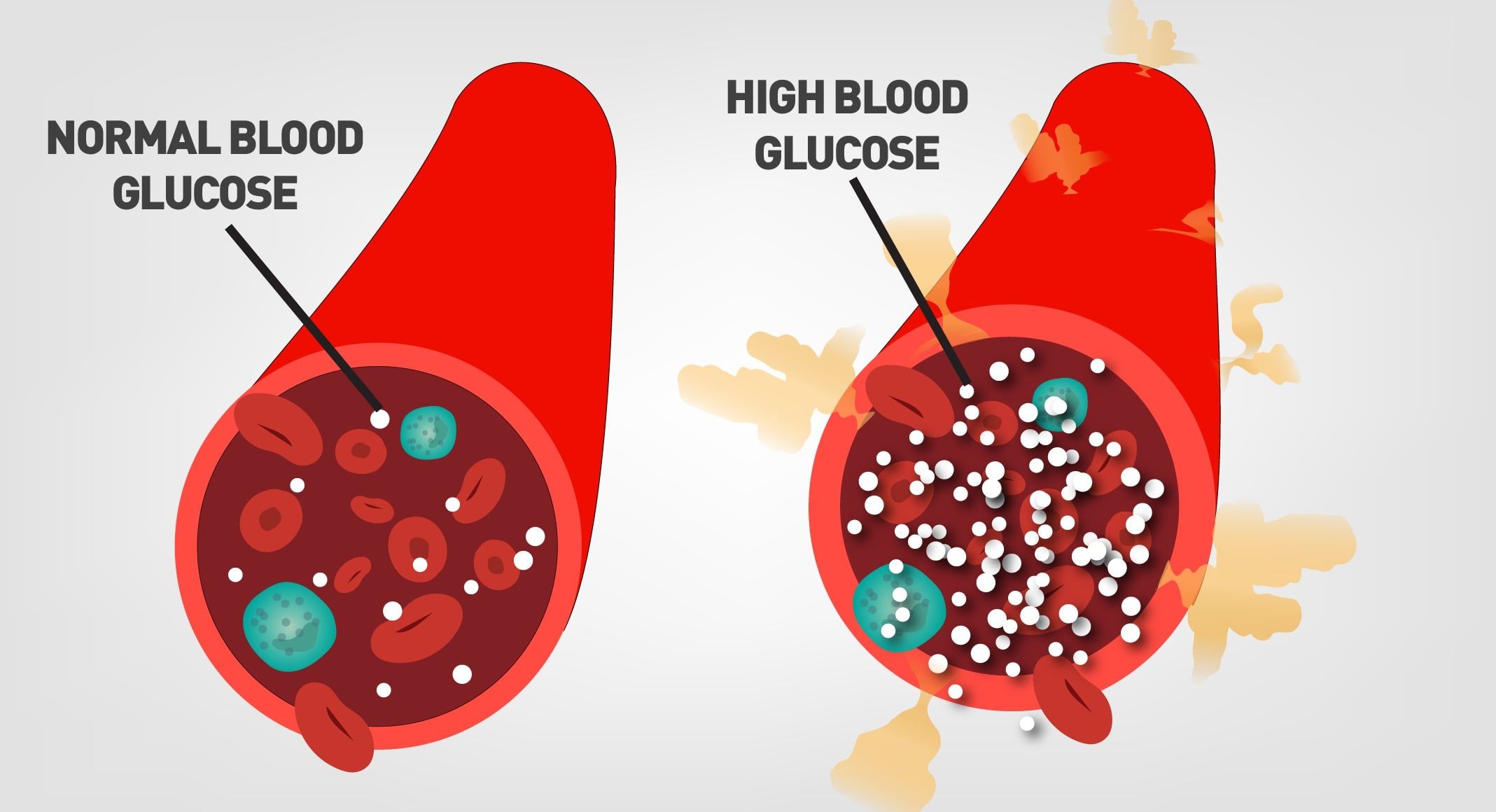|
Liquid calories or high sugar drinks are often consumed less rationally than food that is chewed. Most people do not “count” the calories they drink. However, a great deal of damage could be coming from liquid calories.

Sugar in drinks gets into the blood faster than sugar in solid foods, thus increasing blood sugar levels rapidly. Repeated increases in blood sugar levels lead to insulin resistance, which eventually leads to obesity, diabetes and other health conditions. People habitually consume colas, bottled fruit beverages with added sugar, teas and coffees with sugar, and all sorts of sugar sweetened beverages(ssb).
These drinks are consumed casually at home as a replacement for water, at entertainment centers, after sports, and at social events. Many people quench their thirst with these drinks instead of water, ignoring the calorie labels(a.k.a warning labels) on them. The fine print shows an alarmingly high level of sugar that research studies have found to be associated with a risk for obesity and thereby an increased risk for diabetes. These drinks confer risk of diabetes.
While the risk for diabetes associated with drinking sweetened beverages has always been known, a new study shows the extent of risk. Researchers from Karolinska University in Sweden showed that consuming 2 glasses of sugary drinks every day could double diabetes risk.
In the study, two or more of 200 milliliters servings(~ one and a half cans) of the sugary drinks when consumed every day was found to increase the risk for diabetes by two-fold. People who preferred drinks that were sweetened with artificial sweeteners were equally at risk for diabetes.
Diabetes risk was the same whether one consumed drinks sweetened with sugar or artificial sweetener
Josefin Edwall Löfvenborg who is a nutritionist at Sweden’s Karolinska Institute spoke about the relevance of the study “Not all studies have been able to look at sugary and artificially beverages separately. (but) it's getting more and more established that soft drinks increase the risk of type II diabetes."
‘Effect of Larger Quantities’
"We wanted to see the effect of larger intakes than two," stated Löfvenborg highlighting the second part of the study that determined diabetes risk among people who drank more than 1 liter of sugary drink every day. The risk was found to increase 10 fold in this group, reiterating the effect of consuming high sugar drink on diabetes risk.
Cups quickly add up to a liter in a day: a few cups of coffee or tea a day, some canned beverages, a can of soda or cola, cappuccino, lassi, etc. all can add up to contribute towards the risk of diabetes.
[idea]
Is soda the new cigarette?
High sugar drinks like sugary soft drinks are being additionally taxed in places like California and Berkley in the U.S. In Kerala, India, fat tax of 14.5% is levied on junk food at International food chains which include burgers and high sugar drinks consumed in these chains. Such high tax is levied to lower consumptions as high sugar drinks are implicated in the rising obesity epidemic and diabetes numbers in the world. In California and Berkley, soda consumption has dropped by one fifth after the tax on soda was executed. Cigarettes are taxed similarly to lower consumptions, this boils down to soda being on the same plane as cigarettes. [/idea]
Not everyone reacts equally to dietary risk factors, certain genes have been shown to modify (predispose or protect) disease risk. In a recent study, it was found that people with certain gene variants were at a higher risk for diabetes even when they consumed the same dietary components as others. This would mean that people who consume high sugar drinks may have a higher risk for diabetes but the level of risk may be modulated by the genes they carry.
Family history is an important genetic risk factor for diabetes. The risk for diabetes is increased if both parents are diabetic, as compared with either parent or neither parent being diabetic. Predisposition to diabetes can be determined through a simple and economical saliva-based genetic test.
Xcode’s Health Genetics test is a companion to the Master Health Checkup (MHC). This genetic test covers predisposition to diabetes, obesity, hypertension and heart disease in one, low-cost test. When taken together with blood test data from MHC, it provides a complete picture of the various risk factors. Nutritional, dietary and lifestyle counseling is provided to lower the risk towards the normal range.
You can write to us at hello+support@xcode.in to find out more.




